Amazing Corn Companion Plants That Will Boost Your Yield
Amazing Corn Companion Plants That Will Boost Your Yield
Corn is a delicious and versatile vegetable that can be enjoyed in many different ways. But did you know that there are certain plants that can actually help to boost your corn yield? These are known as companion plants, and they can offer a variety of benefits to your corn crop.
In this blog post, we will discuss some of the best companion plants for corn. We will also explain how these plants can help to improve your corn yield. So whether you are a beginner gardener or a seasoned pro, read on for some valuable insights!
What are Companion Plants?
Companion plants are plants that are grown together in the same garden space. They can offer each other a variety of benefits, such as deterring pests, attracting beneficial insects, and improving soil health.
When choosing companion plants for corn, it is important to consider the specific needs of both plants. For example, corn is a heavy feeder that requires a lot of nitrogen. So, companion plants that can fix nitrogen in the soil, such as beans and peas, are a good choice.
Benefits of Companion Planting with Corn
There are many benefits to companion planting with corn. Some of the most common benefits include:
- Increased yield. Companion plants can help to increase the yield of your corn crop by providing shade, attracting beneficial insects, and deterring pests.
- Improved soil health. Companion plants can help to improve the soil health around your corn plants by suppressing weeds, adding organic matter, and fixing nitrogen.
- Reduced pest pressure. Companion plants can help to reduce the pest pressure on your corn crop by attracting beneficial insects that prey on pests. They can also help to deter pests by releasing chemicals that pests find unpleasant.
- Increased pollination. Some companion plants, such as beans and sunflowers, can help to increase pollination of your corn crop. This can lead to a higher yield of corn kernels.
Best Companion Plants for Corn
There are many different plants that can be grown as companion plants for corn. Some of the best options include:
- Beans: Beans are a nitrogen-fixing legume that can help to improve the soil health around your corn plants. They can also help to suppress weeds and attract beneficial insects.
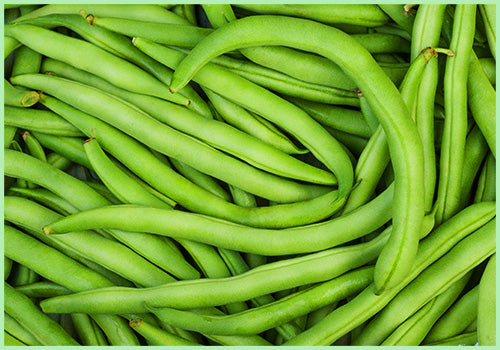
- Peas: Peas are another nitrogen-fixing legume that can benefit corn crops. They are also a good choice for companion planting because they grow quickly and can help to shade the soil around corn plants.

- Squash: Squash can help to suppress weeds and provide shade for corn plants. They can also help to attract beneficial insects that prey on pests.

- Cucumbers: Cucumbers are another vining plant that can benefit corn crops. They can help to suppress weeds and provide shade for corn plants. They can also help to attract beneficial insects that prey on pests.
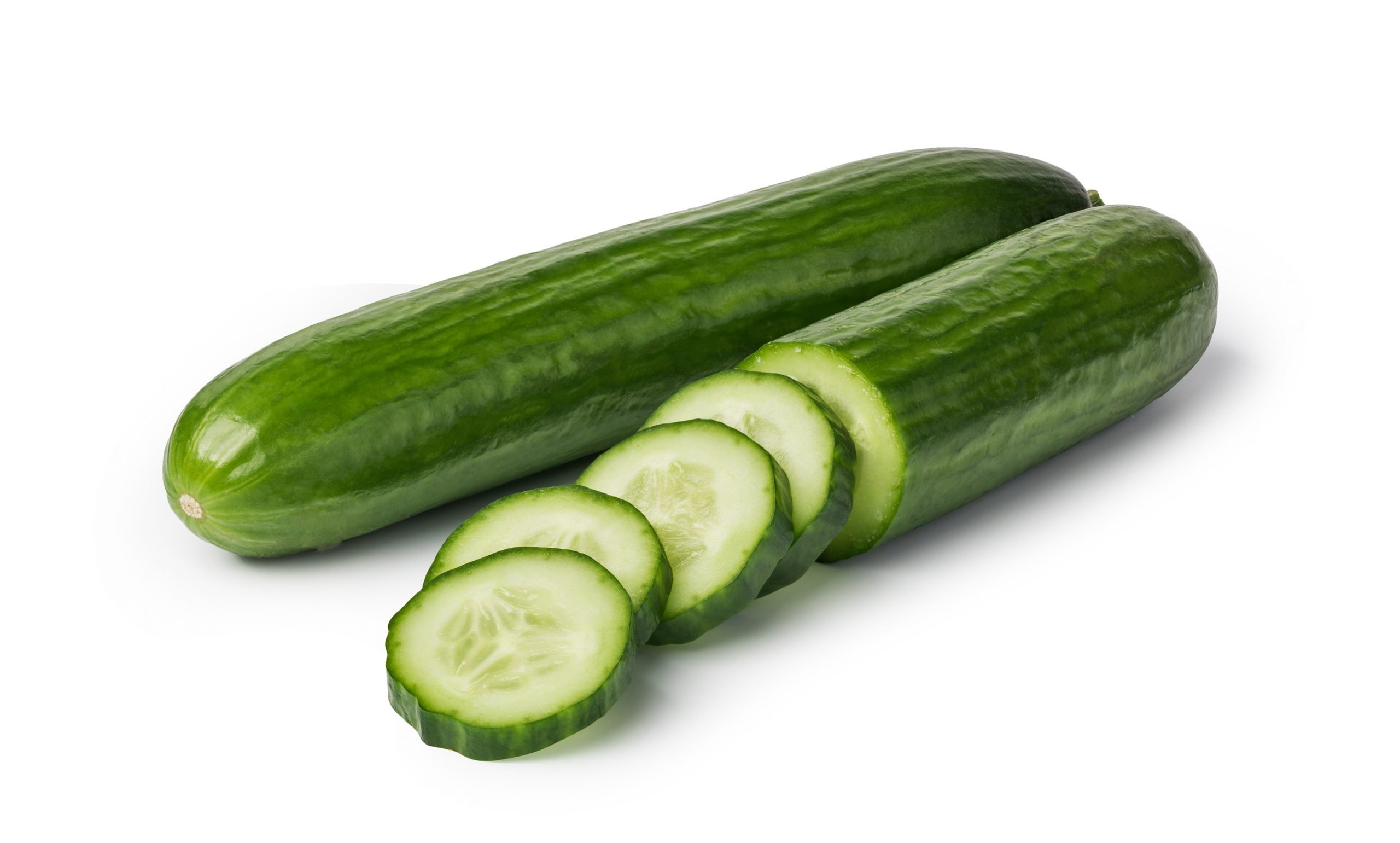
- Dill: Dill is a herb that can help to improve the flavor of corn. It can also help to attract beneficial insects that prey on pests.
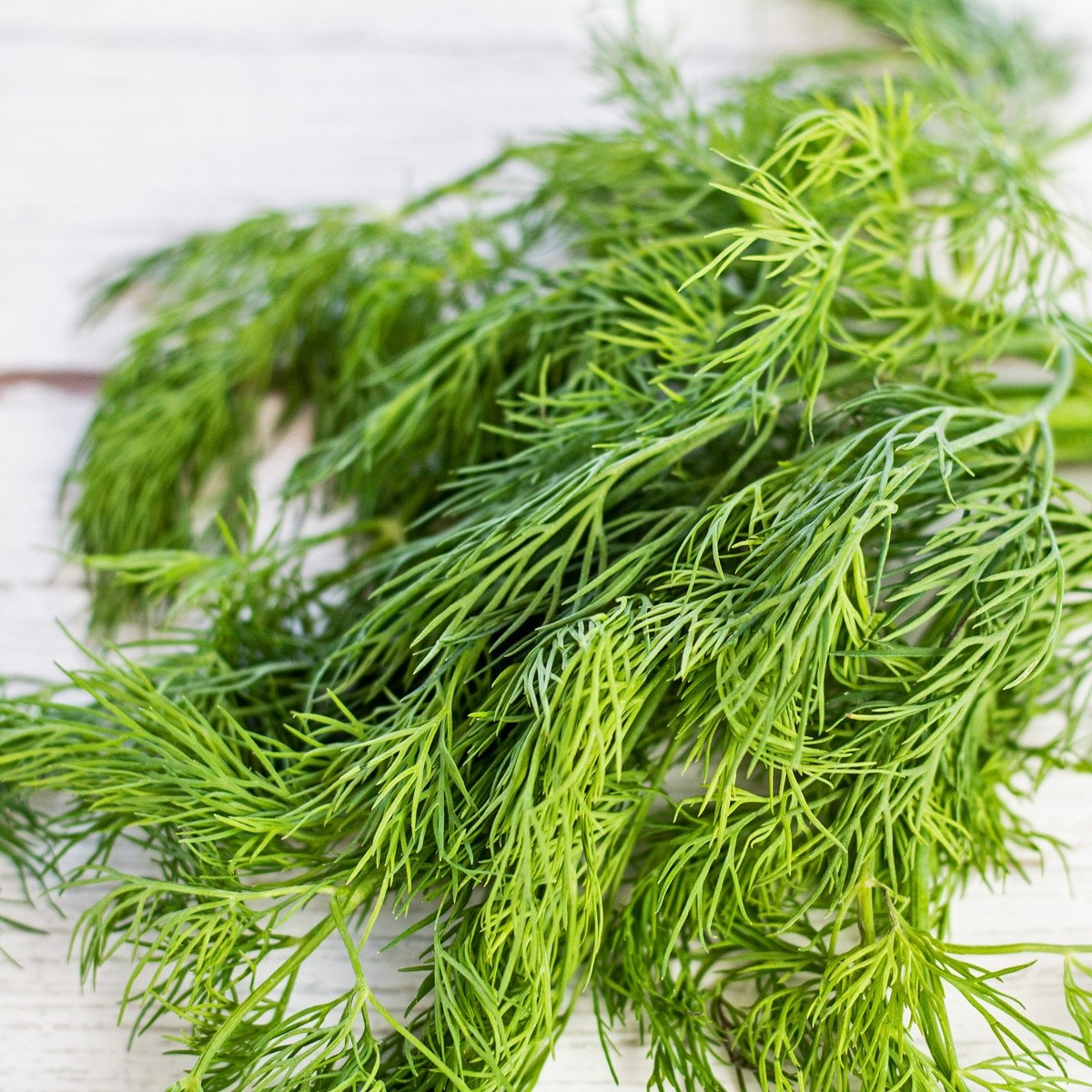
- Marigolds: Marigolds are flowers that can help to deter pests from corn crops. They release chemicals that pests find unpleasant.
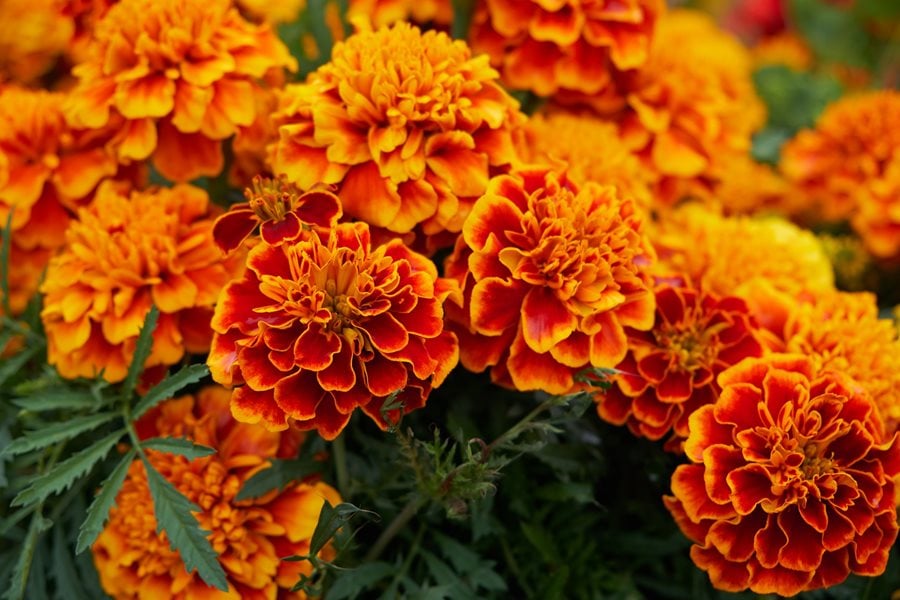
- Nasturtiums: Nasturtiums are flowers that can help to deter pests from corn crops. They also attract beneficial insects that prey on pests.
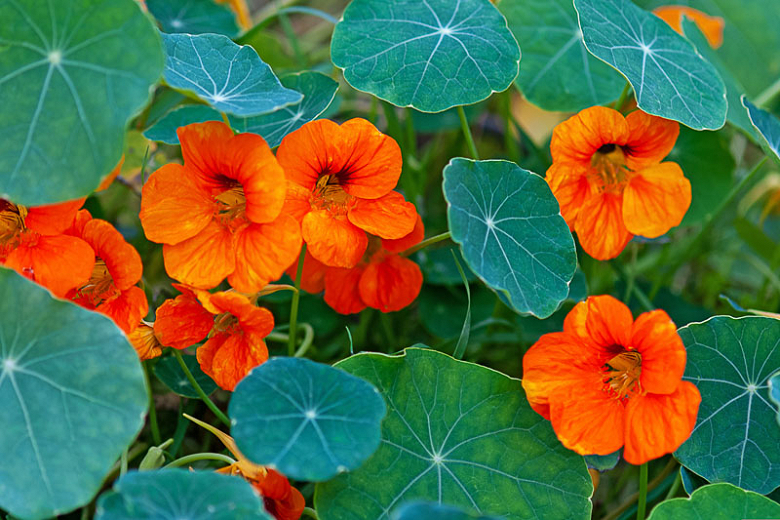
- Sunflowers: Sunflowers can help to attract beneficial insects that prey on pests. They can also help to provide shade for corn plants.
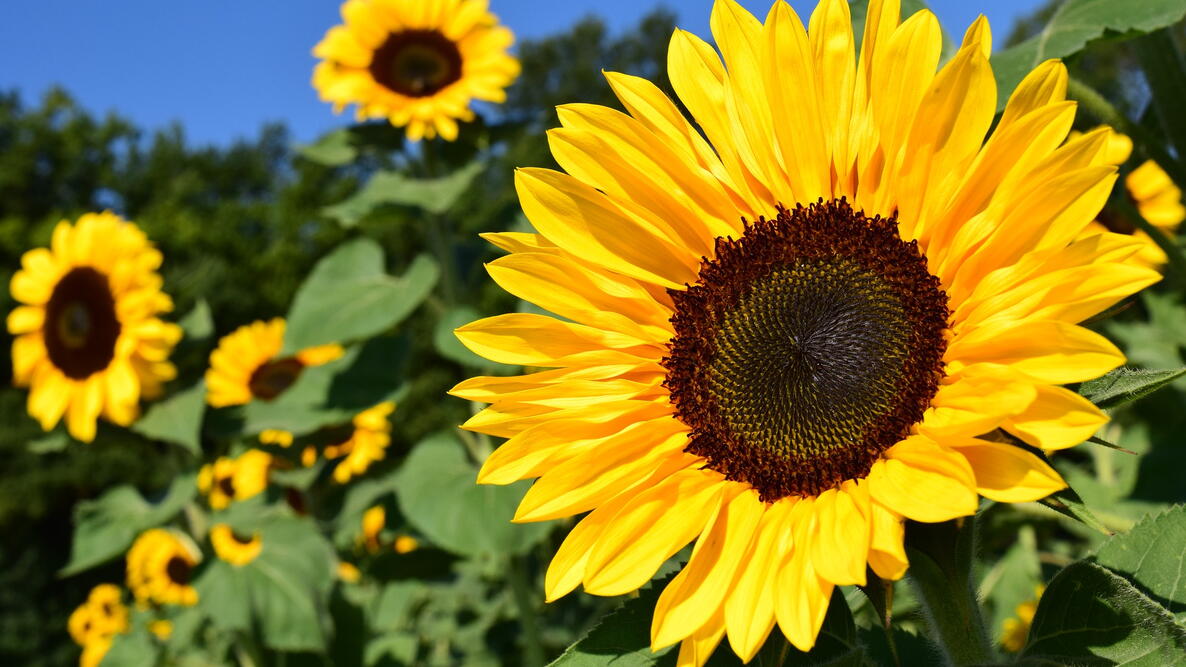
When to Plant Companion Plants with Corn
The best time to plant companion plants with corn is when you are planting your corn seeds. This will give the companion plants time to establish themselves before the corn plants start to grow.
When planting companion plants with corn, it is important to space them so that they have enough room to grow. You should also plant the companion plants in a location that receives full sun.
Conclusion
Companion planting is a great way to improve the yield and health of your corn crop. By planting the right companion plants, you can help to deter pests, attract beneficial insects, and improve soil health. So next time you are planting corn, be sure to consider some of the companion plants mentioned in this blog post.
Corn is a delicious and versatile vegetable that can be enjoyed in many different ways. But did you know that there are certain plants that can actually help to improve the growth and productivity of corn? These plants, known as companion plants, can provide a variety of benefits to corn, such as:
- Attracting beneficial insects: Some companion plants, such as marigolds and nasturtiums, attract beneficial insects that prey on corn pests. This can help to keep your corn plants healthy and free of pests.
- Providing shade and support: Other companion plants, such as pole beans and winter squash, can provide shade and support for corn plants. This can help to protect corn plants from the hot sun and wind, and can also help to prevent them from lodging (falling over).
- Fixing nitrogen: Some companion plants, such as peas and beans, are legumes that fix nitrogen in the soil. This can help to improve the fertility of the soil and provide corn plants with the nitrogen they need to thrive.
If you're interested in learning more about corn companion plants, I recommend visiting Gardenia Inspiration. This website provides a comprehensive list of companion plants for corn, along with information about the benefits of each plant. You can also find tips on how to plant and care for corn companion plants, and how to use them to improve the growth and productivity of your corn crop.
FAQ of corn companion
1. What are corn companions?
Corn companions are plants that are planted alongside corn to improve the corn's growth and yield. They can provide a number of benefits, such as:
- Attracting pollinators: Many corn companions attract pollinators, such as bees and butterflies, which help to pollinate the corn flowers. This can lead to a higher yield of corn kernels.
- Suppressing weeds: Some corn companions can help to suppress weeds, which can compete with the corn for water, nutrients, and sunlight. This can help to reduce the need for herbicides.
- Improving soil health: Corn companions can help to improve soil health by adding organic matter, reducing erosion, and increasing water infiltration. This can benefit the corn plants and also improve the overall health of the soil.
2. What are some good corn companions?
There are many different corn companions that can be planted, but some of the most popular include:
- Beans: Beans are a nitrogen-fixing plant, which means that they can help to add nitrogen to the soil. This can benefit the corn plants, as nitrogen is an important nutrient for plant growth.
- Sunflowers: Sunflowers can help to attract pollinators, such as bees and butterflies. They can also help to suppress weeds, as their tall stalks can shade out smaller weeds.
- Cucumbers: Cucumbers can help to improve soil health by adding organic matter. They can also help to deter pests, such as cucumber beetles.
- Melons: Melons can help to improve soil health by adding organic matter. They can also help to attract pollinators, such as bees and butterflies.
- Pumpkins: Pumpkins can help to suppress weeds, as their large leaves can shade out smaller weeds. They can also help to improve soil health by adding organic matter.
3. How far apart should corn companions be planted?
The distance that corn companions should be planted apart will vary depending on the type of companion plant and the spacing of the corn plants. In general, corn companions should be planted at least 12 inches apart, but they may need to be planted farther apart if they are tall or spreading plants.
4. When should corn companions be planted?
Corn companions should be planted at the same time as the corn plants. This will allow them to establish themselves and start providing benefits to the corn plants before the corn plants reach maturity.
5. How do I care for corn companions?
Corn companions should be cared for in the same way as any other garden plant. This includes watering, fertilizing, and weeding as needed. Corn companions may also need to be supported if they are tall or spreading plants.
Image of corn companion
- Nasturtium: Nasturtium is a flowering plant that is often used as a companion plant for corn. It helps to deter pests and diseases, and it also attracts pollinators.
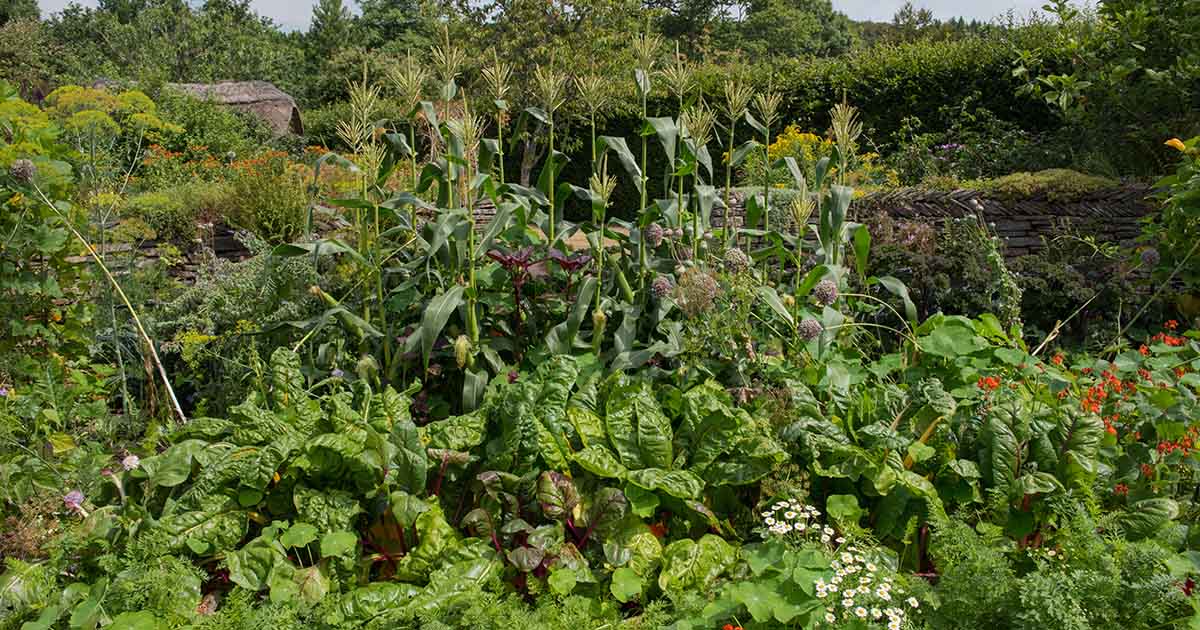
- Beans: Beans are another good companion plant for corn. They help to fix nitrogen in the soil, which benefits the corn plants.

- Sunflowers: Sunflowers are tall plants that can help to provide shade for corn plants. They also attract pollinators.
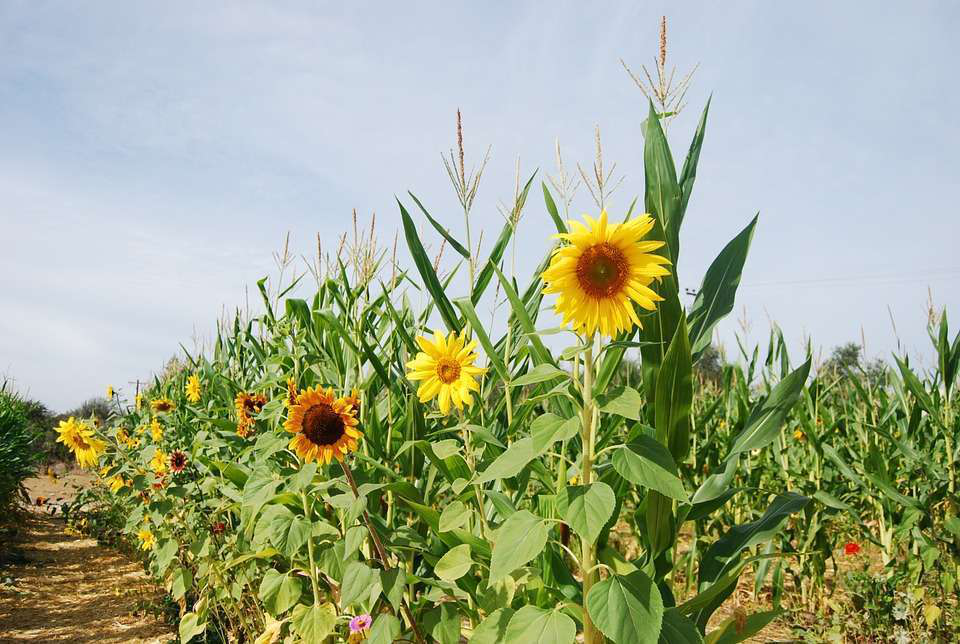
- Marigolds: Marigolds are another flowering plant that can be used as a companion plant for corn. They help to deter pests and diseases.
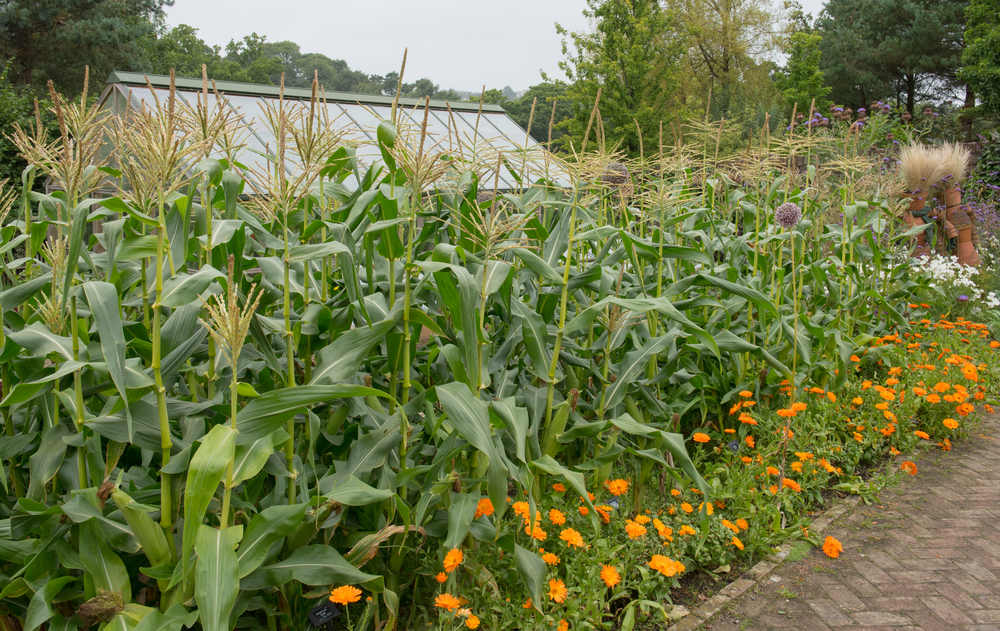
- Cucumbers: Cucumbers can also be grown as companion plants for corn. They help to keep the soil moist, and they also attract pollinators.

Post a Comment for " Amazing Corn Companion Plants That Will Boost Your Yield"